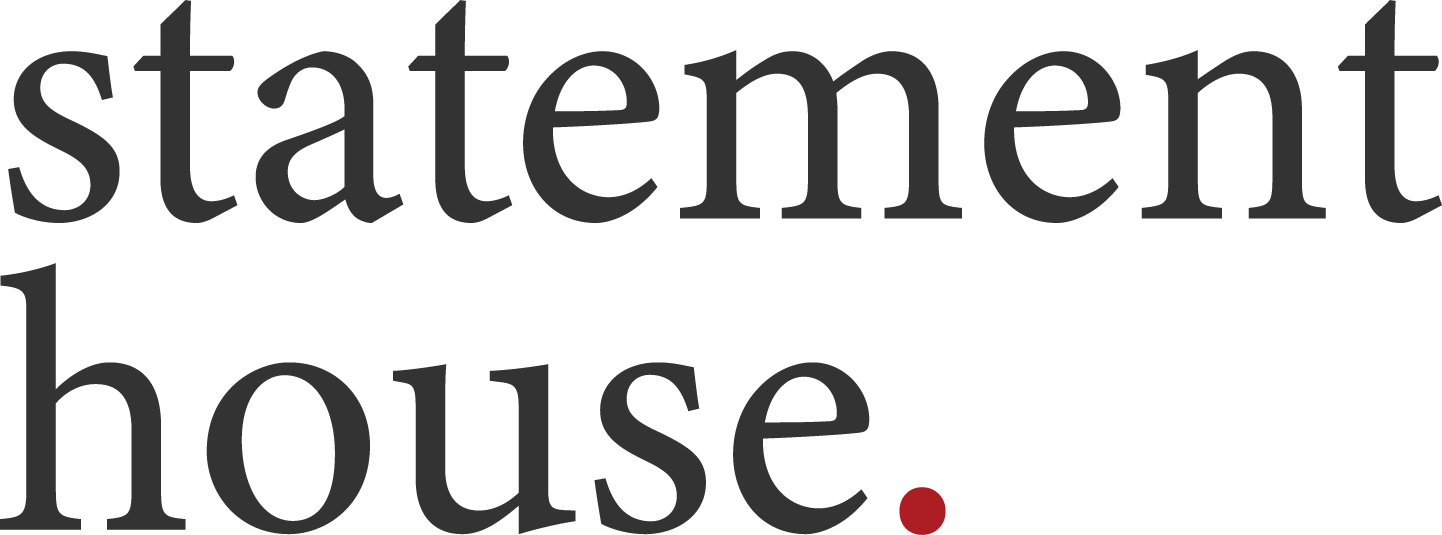Character Counts: A Personal Reflection and Guidance for Youth Leaders
By Dr. Cristin Rollins
In today’s world where young people face unique challenges and opportunities, character development is not a “nice to have” but a foundational aspect of any youth-serving program. Character shapes how we show up for ourselves and others, how we lead, and how we navigate an increasingly complex and divided society.
This topic is close to my heart. I grew up in a family that really "lived into" its character development. My father and brother both earned the Eagle Scout and Silver Beaver awards from Scouting America, while I found my own path through Girl Scouts of the USA, church youth leadership, #summercamp, and a variety of school and community leadership roles. At every POSSIBLE teaching moment (imagine my teenage eyeroll here), we didn’t just talk about following rules or being a "good" person—we talked about how we do what we do, who that affects, and why that matters. Character wasn’t just about living up to someone else’s standard of morality; it was about developing an internal compass that guided us to the next right thing, even when it was hard. Character meant understanding how our actions ripple outward and make the world a better place (or not). And while maybe I didn't understand all the talk about it at the time, I see very clearly now how its shaped my orientation to justice, work, community, and caretaking.
Across the field of youth development, there’s a growing recognition that positive character strengths—like curiosity, empathy, courage, and resilience—can be nurtured in every setting. Before its sunsetting in 2021, the SD Bechtel, Jr. Foundation championed this work, highlighting that character development is not about moral perfection but about fostering the attitudes and behaviors that support thriving communities. The John Templeton Foundation has for decades invested deeply in research that explores how character strengths can be intentionally cultivated to promote human flourishing.
Similarly, before its sunsetting last year, Character Lab identified that character is not fixed—it’s a collection of habits that can be taught, caught, and sought. They reminded us that creating opportunities for youth to practice honesty, fairness, and curiosity is as important as any academic subject. The VIA Institute on Character has further advanced this conversation through its VIA Classification of Character Strengths, identifying a large list of character strengths—like leadership, gratitude, and kindness—that can be recognized and nurtured in youth.
I’ve been so excited to see how the Lilly Endowment is investing in character development, seeding funding across #highered, #K-12, #youthdevelopment, #summercamp, and religious organizations and centers in both its home state of Indiana and across the nation. I’m proud to be part of the Endowment’s Character Through Youth Programs (CDTYP) initiative, partnering with YWCA USA to build a comprehensive #CharacterInAction framework for girls and young women. We’re in the midst of this important work—planning, developing tools, training, and programming that intentionally foster character growth across the YWCA network. Our aim is to create safe, inclusive, and empowering environments where a unique brand of girl-centered character development can thrive and have a ripple effect on communities.
Here are three key takeaways for any #PYD organization wanting to strengthen character in their youth programs:
👩🏽🧑🏻 Model and Mentor: Young people learn character from the adults and peers around them. Consistent modeling of empathy, courage, and fairness creates a “character climate” that youth naturally absorb.
🎯 Teach and Practice: Character isn’t just “caught” through role modeling—it’s also taught. Programs that include intentional activities—like reflective discussions, leadership opportunities, and service learning—give youth the tools to explore and strengthen their values.
🚀 Empower and Elevate: Ultimately, character is most powerful when youth can seek it out themselves—through choices, voice, and ownership. Giving youth real leadership opportunities and agency fosters growth that sticks.
For me, these aren’t just professional insights—they’re personal. I’m grateful for the lessons I learned in my family and in those early leadership roles, and I’m excited to see more youth-serving organizations creating the same kinds of opportunities for the next generation.
➡️ ✨ What’s working in your youth programs? I’d love to hear how your organization is integrating character development and what impact you’re seeing in young people’s lives. Showcase your org's awesomeness below 👇🏼
#CharacterDevelopment #YouthDevelopment #NonprofitLeadership #CharacterInAction #PositiveYouthDevelopment #CharacterStrengths #CaughtTaughtSought #StatementSpotlight
Dr. Cristin Rollins is a nationally-recognized and award-winning PYD research and evaluation professional specializing in character development in youth serving organizations. Dr. Rollins is the President of Statement House, woman-owned planning, evaluation, and coaching firm specializing in community, educational, and afterschool programs.
Let’s strengthen your character development program together! Reach out to hello@statementhouse.net for a free 30 minute consultation and discussion.
